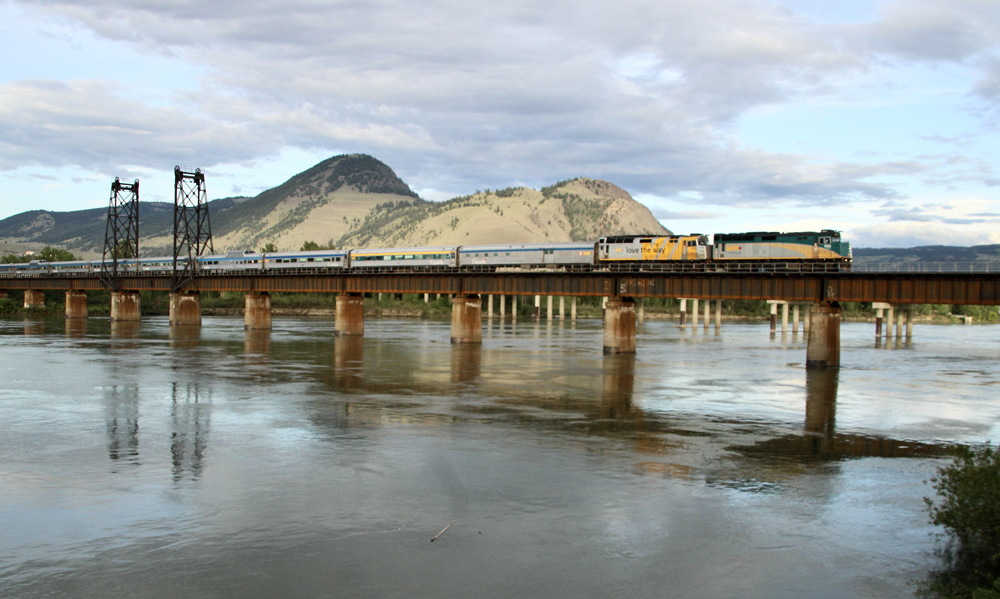
MONTREAL — VIA Rail Canada recaps the company’s forward-looking initiatives and financial performance for calendar 2023 in a 30-minute audio recording of its annual public meeting released on Wednesday, Aug. 7. The session is moderated by Jamie Orchard, VIA’s senior advisor of corporate communication, and features board of directors chair Francoise Bertrand, CEO Mario Peloquin, and Chief Financial Officer Carl Delisle.
They discuss the rollout of a new reservation system — Bertrand says, “From day one it went very well” — and the new Venture fleet, which Peloquin confirms will be complete by the summer of 2025. He references host-railroad challenges when noting, “The promise I’ve made is that we’ll safely get you there, eventually,” admitting, “we’re not always on time but we offer the best services regardless of some delays on our trains.” The company only owns 3% of its route miles; dispatching delays have been inflicted not only by Canadian National, but more recently by Toronto commuter rail operator Metrolinx.
Delisle says VIA carried 4.1 million passengers in 2023 compared with 5 million in the pre-pandemic year of 2019. Revenue of C$432 million ($314 in U.S. dollars) was 29% higher than 2022, while expenses topped C$944 million ($687 million U.S.), up 14.7% from 2022, according to the company’s annual report.
A new fleet?
Peloquin says the average age of the non-Venture fleet is 77 years. “In 2023,” he says, “we presented the federal government with a document explaining the imperative of replacing that fleet now.”
So far, the Trudeau government has not advanced any definitive plan for financing a procurement, although a request for carbuilder qualifications is apparently in the planning stage. There are no budget line items for fleet acquisition in the April 2024 document.
It proposes C$462.4 million (about $336 million U.S.) over five years to sustain VIA operations, but says, “funding amounts [to replace the aging fleet] are not being released to protect the government’s position for an upcoming procurement.” Meanwhile, the entirely separate High Frequency Rail company is budgeted for $371.8 million ($270 million U.S.) over six years, even though it will not operate any trains while it seeks a private construction partner [see “Air Canada involvement in High Frequency …,” News Wire, Aug. 8, 2024].
Complicating any funding commitments is that a new Canadian general election must take place on or before Oct. 25, 2025, meaning there could be a wholesale shift from Trudeau government priorities.
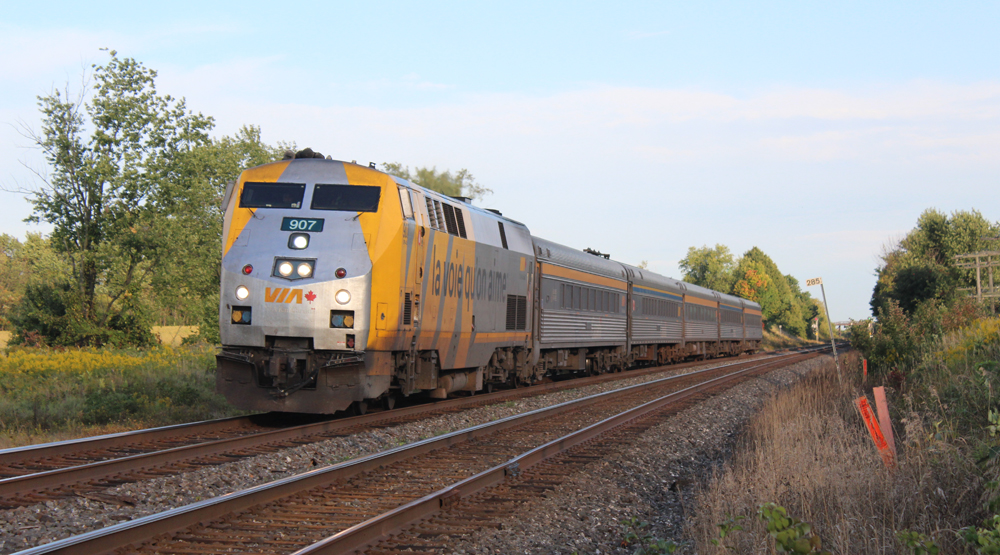
Regarding service expansion, Peloquin says, “Eventually, we’ll be able to release some of the older cars operating in the corridor, which may enable us to offer more services in regions where there is a need.” Not mentioned was a Request for Proposals the company recently issued seeking bids for “structural repairs” to 41 HEP-1 cars. A Montreal site visit was to take place on July 25, 2024. VIA declined to respond to several News Wire inquiries asking for details about the nature of the work and what equipment is involved.
Gaspe service among other topics addressed
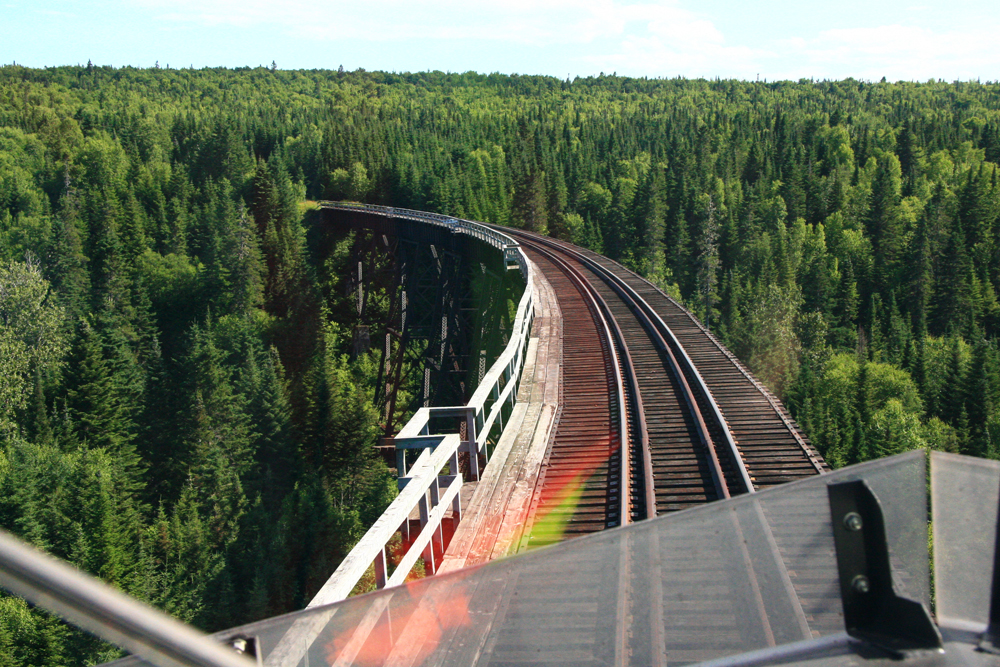
Peloquin says VIA is prepared to restart service on Quebec’s Gaspe Peninsula only when the entire line is rebuilt to a state of good repair all the way to Gaspe, “if we can offer a reasonable trip time. Operating a shortened service [to New Carlisle, Que., where tracks are intact] creates logistical problems because we can’t turn the train.”
A more detailed response on that issue, and answers to other questions submitted in advance, are available in a separate four-page online document. Concerns about bicycle carriage, baggage policy, delays to the Montreal-Halifax Ocean on CN’s Newcastle Subdivision, and on-time performance are among the topics addressed.
Although VIA had previously indicated the company’s three full-length, single-level Panorama domes would be ready for the summer 2024 season, just one car was repaired and is only available for “ad hoc demands.” Those cars were built for BC Rail’s short-lived Whistler Northwind service. Before the COVID-19 pandemic, a single car had been assigned to the triweekly Jasper-Prince George-Prince Rupert train in “Touring Class” service; two cars handled the Edmonton, Alberta-Vancouver, British Columbia, portion of the Canadian.
“Due to the significant financial and resources investment [for repairs],” the company says, “we do not plan on renovating on the short or medium term the remaining Panorama cars in order to, amongst others, prioritize the update of other cars that are crucial to the operation of the long-distance and regional routes.”
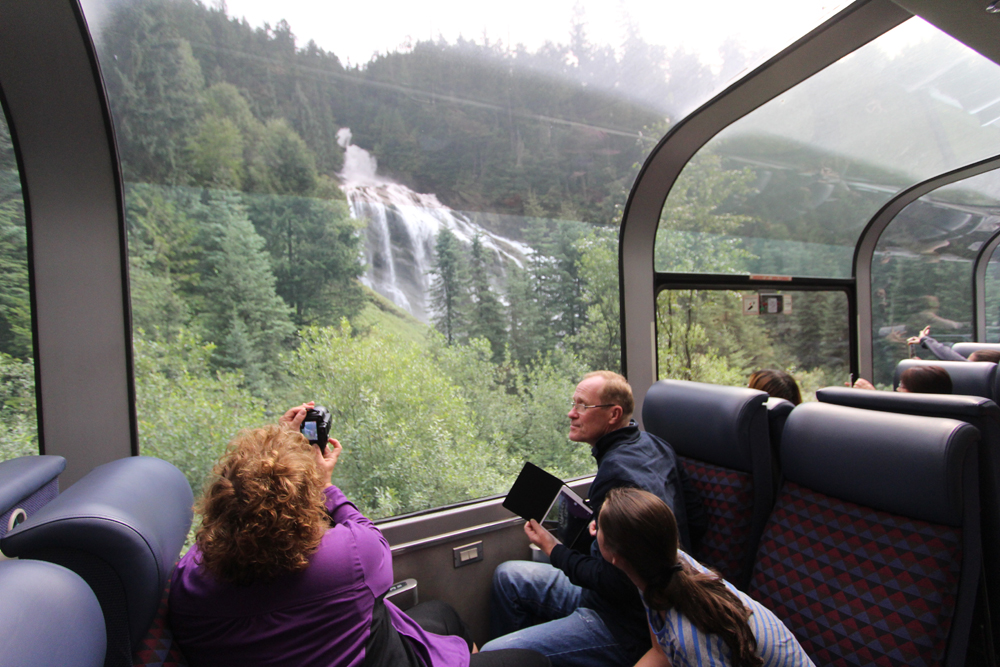






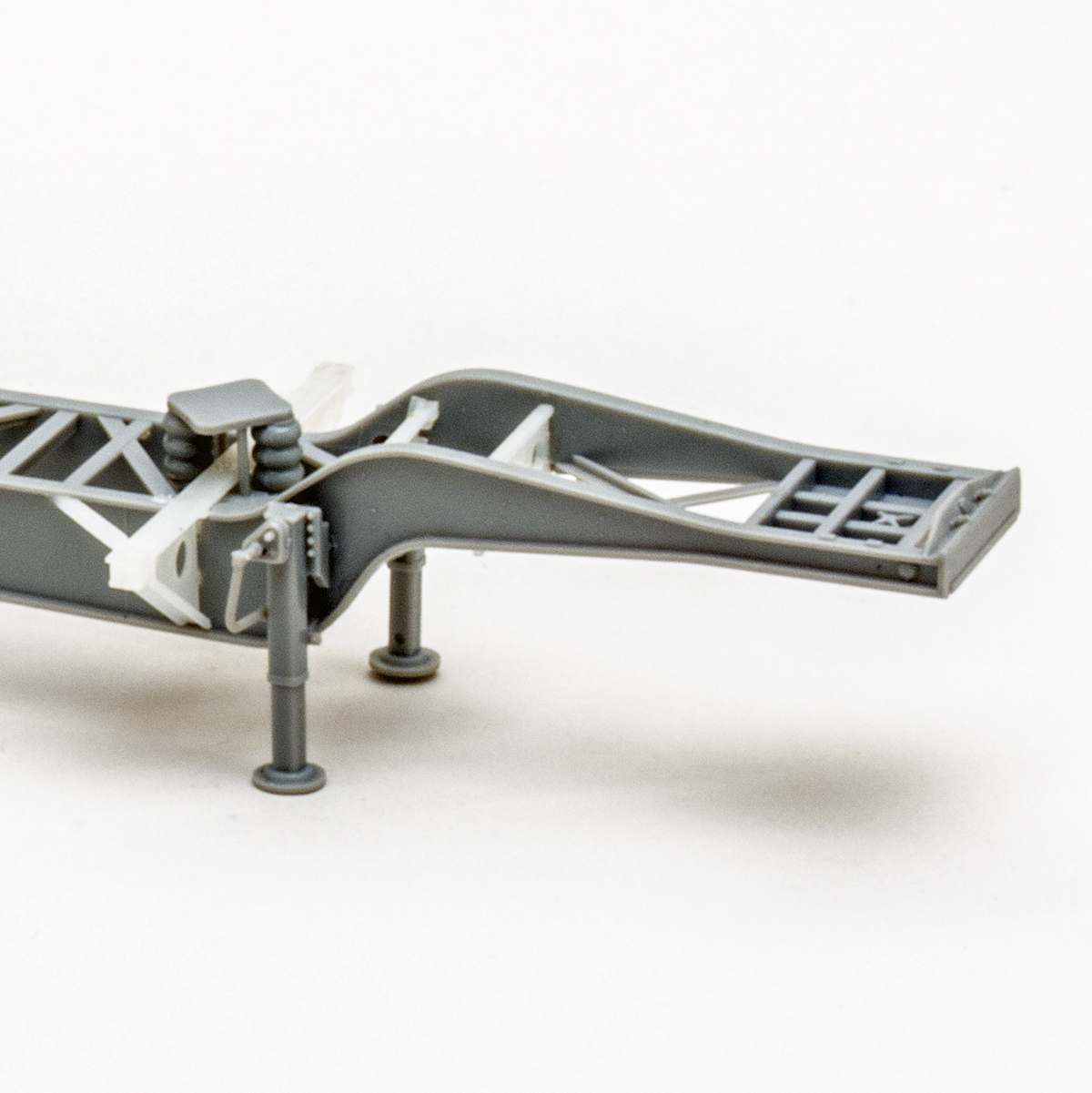
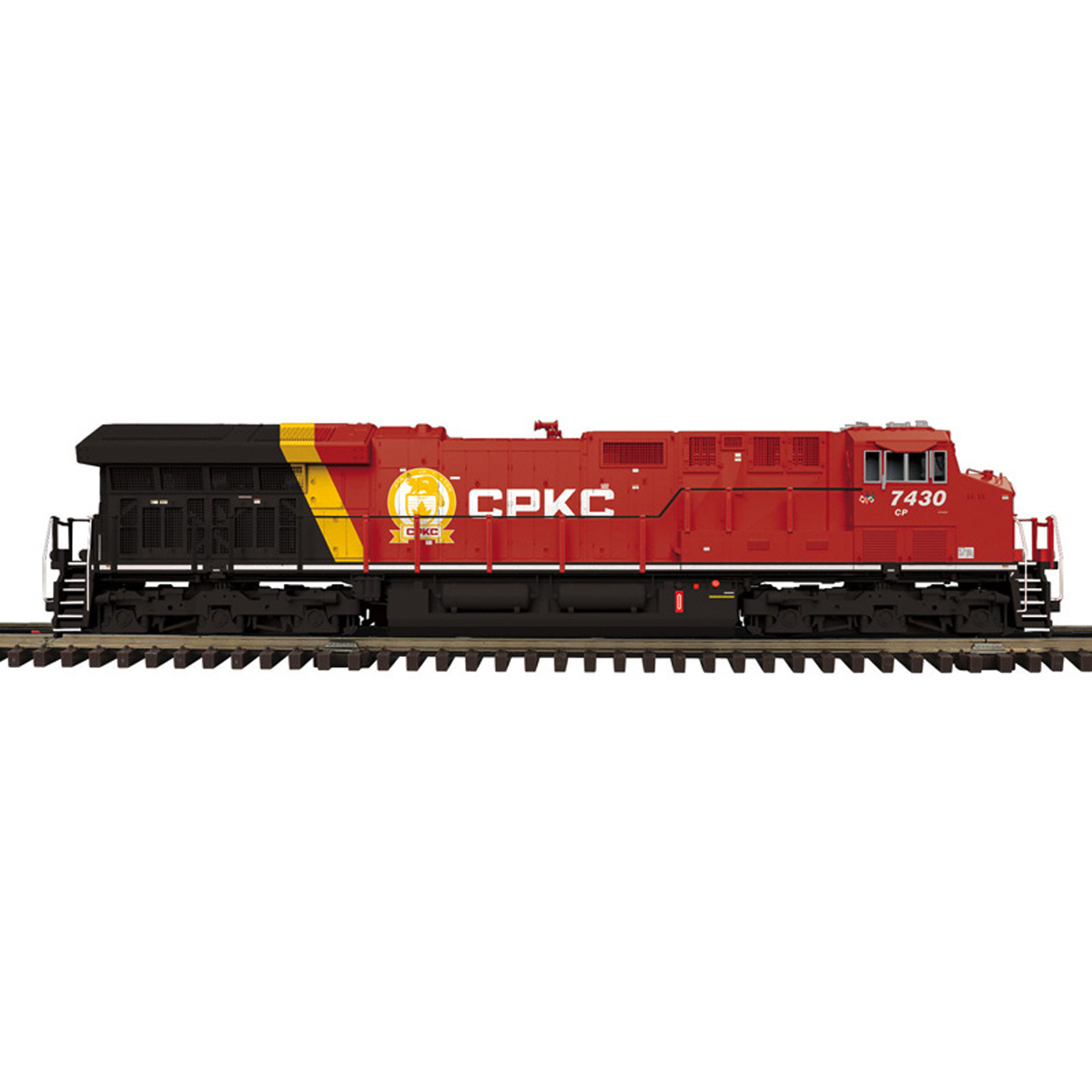
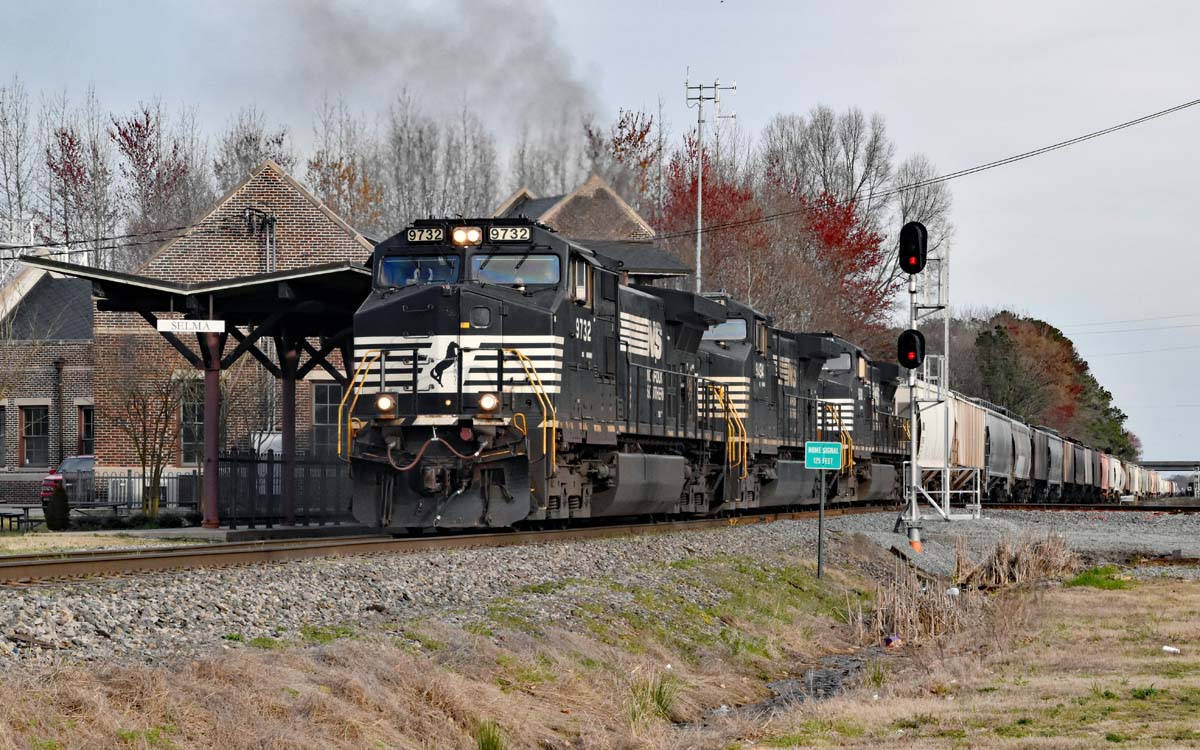
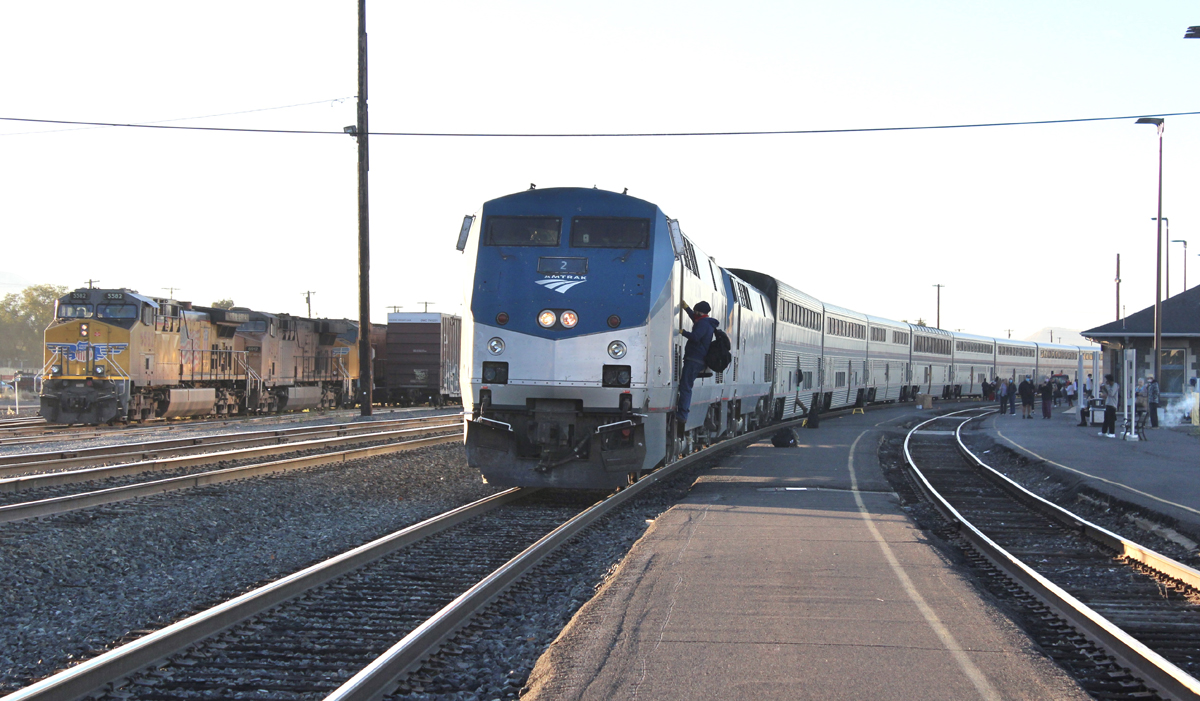




At least they are trying to bring up the need for new long distance cars. If those trains are to continue long term they need to plan for and fund them soon. Since VIA is a less public service outside the major eastern cities in Canada it will be a hard sell. But tourists from outside Canada like the long distance trains and Canada would most likely loose most of those visitors if the service ends.
VIA also may be able to provide a more meaningful service to Canadians with new cars and more service.
“Operating a shortened service [to New Carlisle, Que., where tracks are intact] creates logistical problems because we can’t turn the train.”
.
Well, VIA can’t turn the Ocean consists in Halifax anymore, either, but the train still runs. (I hope VIA doesn’t see this or their solution would be to terminate the Ocean.)
If the conservatives win the next election, they couldn’t possibly muck up VIA Rail half as bad as Justin Castreau’s liberals have done.